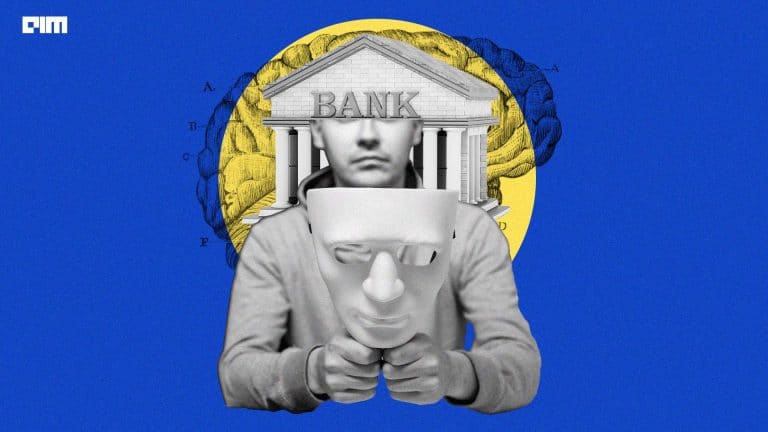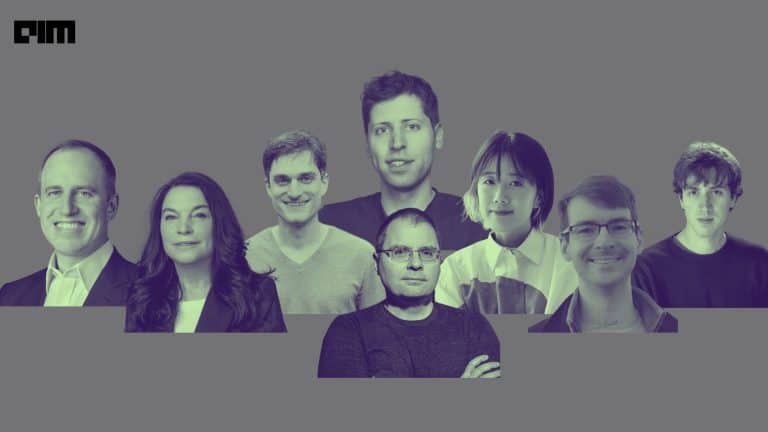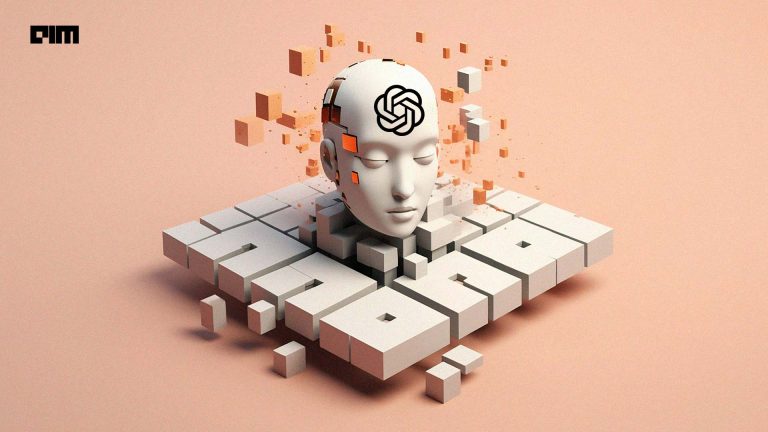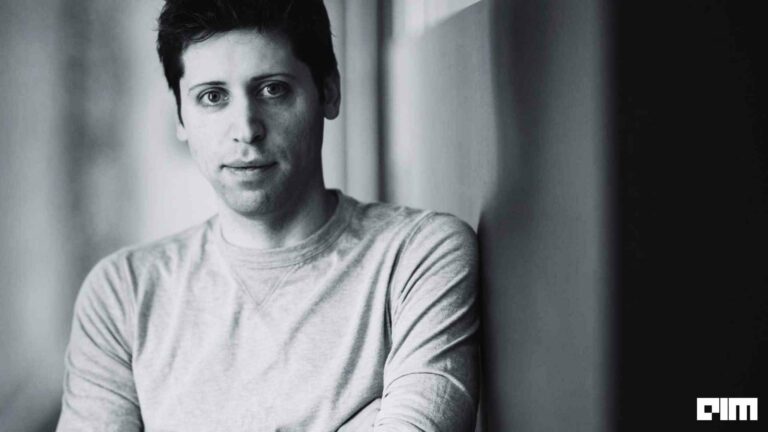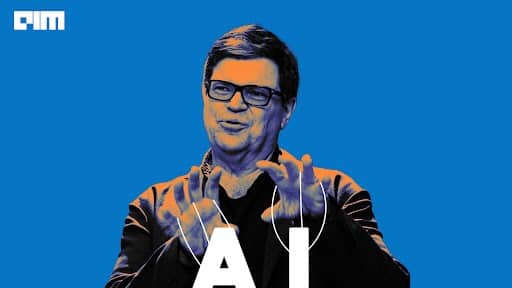|
Listen to this story
|
Recently, Nithin Kamath, founder and CEO of Zerodha, posted on LinkedIn a video of him talking about the risk of deep fakes in the financial industry. He highlighted how deep fake is improving and soon, it would become harder for people to figure out if a person online is real or AI-generated.
Surprisingly, the video in which Kamath was explaining this was also a deep fake, which was very hard to differentiate.
This problem will be bigger for banks that have more stringent regulatory requirements during onboarding. The turning point for Indian financial services occurred when onboarding went fully digital, thanks to Aadhaar and similar technologies. When bringing in a new customer, a crucial aspect is ensuring the authenticity of documents and the person opening the account.
Currently, the standard procedure involves retrieving ID or address proof data from sources like Digilocker or Aadhaar. Additionally, facial matching is conducted via a webcam to verify the identity of the person opening the account. Various checks are in place to confirm liveliness and authenticity.
However, with the improvement of deepfake technology, it is expected to become increasingly challenging over time to validate whether the individual on the other end is real or artificially generated. This challenge will be more pronounced for banks with stricter regulatory requirements during the onboarding process.
Enter World ID 2.0
Sam Altman-backed WorldCoin has introduced World ID 2.0, a digital passport for the online realm that is a unique human identity. It empowers humans to validate your unique human identity on the internet while safeguarding your privacy. Crafted as an open protocol, it is designed to be a collective ownership, granting users full control.
Initially introduced in early 2023, World ID 1.0 addressed the imperative challenge of establishing personhood proof in the age of AI, prioritising privacy, inclusivity, and openness.
The second release will introduce Apps for integrations to verify online accounts using World ID, including integrations with major platforms such as Reddit, Discord, Shopify, Minecraft, and Telegram. In this upgrade, World ID will feature three Levels, World ID Device, World ID Orb, and World ID Orb+, allowing tailored verification checks, ensuring adaptability to real-world use cases.
Interestingly, World ID 2.0 might be able to solve these problems with deep fake. Just like other platforms, World ID can be introduced within government apps and services such as Digilocker or within banking to ensure more security, further protecting people’s identities.
Moreover, the second-generation protocol boasts core enhancements, like the ability to reset your World ID at an Orb and solidifying its status as the most secure, private, and inclusive proof of personhood. For added privacy, World ID Apps access only a disposable number derived from your World ID, ensuring a consistent yet unlinkable experience across different platforms.
Though this comes with hackable instances on apps other than the Orb, the possibility is still imaginable.
Concerns with World ID
Although it may appear logical in certain aspects, the extensive risk to personal freedoms and the potential for government abuse are substantial, even while considering World ID as a solution. Do we really want the government to have real-time access to our web browsing?
Analogous to how government-backed digital currency, which is different from blockchain-based cryptocurrency, empowers authorities to monitor and document each of your online financial transactions, digital ID poses a similar capability, scrutinising every click you execute online. Moreover, WorldCoin has already said that it is giving governments the permission to use its ID system.

The parallel with digital currency is evident, as it affords authorities the capability to meticulously track and record every online financial transaction. Similarly, the implementation of digital ID raises valid concerns about the government’s access to real-time information on every online interaction, which was already made possible with UPI.
It becomes paramount to deliberate on the trade-offs between enhanced security and the preservation of personal freedoms. World ID 2.0 acknowledges the need for this delicate balance, aspiring to offer a secure, private, and inclusive proof of humanity while respecting the rights and privacy of individuals, emboldening the solution for deep fake along with it.







